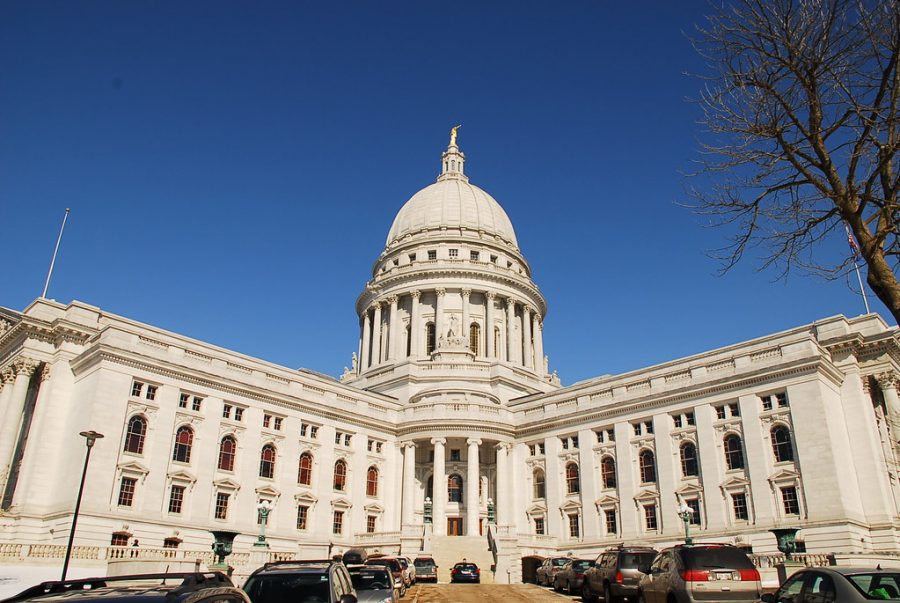As the Wisconsin Supreme Court prepares to hear oral arguments in former Marquette professor John McAdams’ appeal against the university, amicus briefs defending both sides have begun to stack up.
The case has received attention since its beginning in 2014. Its recognition has continued due to the significant number of amicus, or “friend of the court,” briefs being filed by various groups and individuals in support of either McAdams or the university.
In 2014, McAdams was suspended from his teaching position after naming a graduate student instructor in a blog post who had not allowed a student to discuss his same-sex marriage view in class. McAdams filed a suit against Marquette claiming that the university violated the academic freedom clause in his contract.
In May 2017, a Milwaukee County judge ruled in favor of Marquette. McAdams appealed and is awaiting a decision from the seven-justice state Supreme Court, which will hear the case April 19.
The case has received significant attention from state and national groups. In 2014, the controversial Westboro Baptist Church demonstrated down Wisconsin Avenue in support of McAdams and free speech, and the Wall Street Journal recently featured a chain of op-eds from both McAdams and University President Michael Lovell regarding the case.
While a couple of groups have submitted briefs on behalf on Marquette, the overwhelming majority of support comes from First Amendment advocacy groups, either legal or education based.
The Thomas More Society is among the groups to contribute amicus briefs on behalf of McAdams. Thomas Olp, Thomas More Society vice president and senior counsel, said McAdams’ attorney asked his organization to write the brief, because it was known to defend First Amendment issues. It is not unusual for lawyers to ask outside groups to write amicus briefs, Olp said, and so after conferring, the Thomas More Society decided to submit a brief supporting McAdams.
“A lot of people are wondering, ‘How strong are my rights?’” Olp said, referring to the case’s primary claim, the alleged violation of McAdams’ contractual academic freedom. Olp said the First Amendment is the most important right American citizens have, and that it is everybody’s responsibility to uphold it, which is why his organization contributed to McAdams’ case.
The National Association of Scholars and the Foundation for Individual Rights in Education also submitted amicus briefs supporting McAdams.
The Metropolitan Milwaukee Association of Commerce and the Association of Jesuit Colleges and Universities have submitted briefs on behalf of Marquette.
Edward Fallone, an associate professor of law at Marquette University Law School, said there are a number of reasons organizations may file briefs arguing for a given side. Bringing attention to the case, adding name recognition and positive associations and expanding on arguments are among them. He said reaching out to outside organizations can be strategic for lawyers, but Fallone said organizations may submit briefs on their own accord as well.
McAdams said he is glad there are organizations willing to defend his case and free speech in general. Those briefs, combined with the courts’ historically strong protection of free speech, have made him optimistic about a decision in his favor.
He said that most people are tolerant of ideas they disagree with, but “academia is not a good environment for the free exchange of ideas.” He said a victory could help protect the freedoms of other conservative faculty in the future.
McAdams said he expects a decision in the case by this summer.




